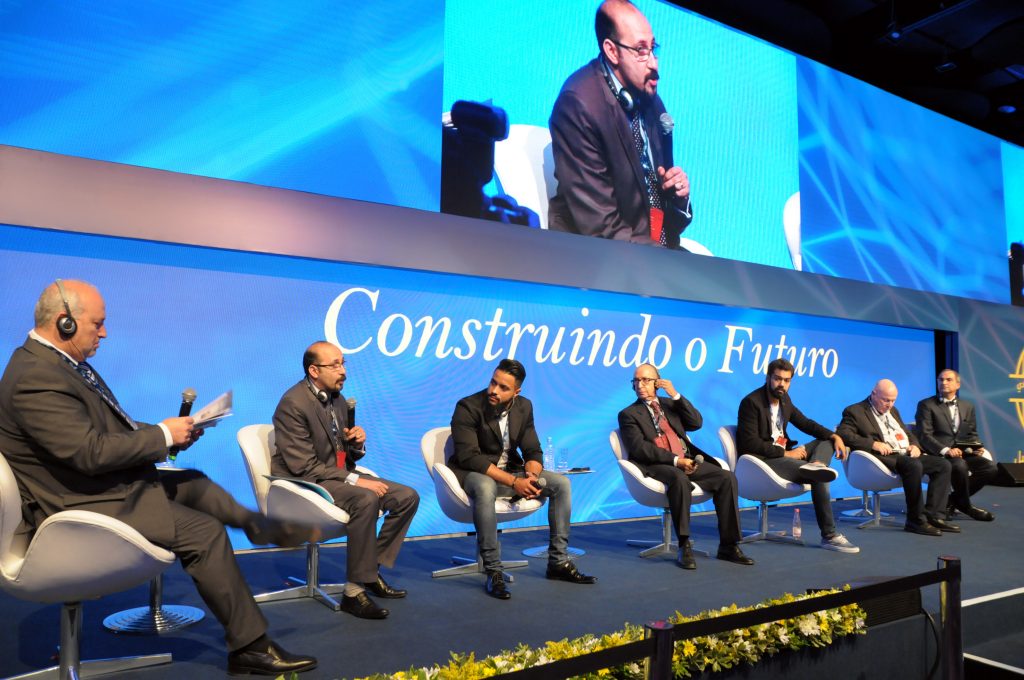São Paulo – Scientific cooperation and the sharing of knowledge by Brazilians and Arabs can help both sides make strides when it comes to technological development and even economic growth, helping them to jump stages towards matching the levels attained by developed nations. Speakers in the Innovation and Technology panel at the Brazil-Arab Countries Economic Forum agreed that there’s a wide range of options for mutual collaboration.

A panelist at the event held by the Arab Brazilian Chamber of Commerce this Monday (2) in São Paulo, Marcos Cintra, who chairs Brazil’s Funding Authority for Studies and Projects (Finep) – a state-run company affiliated with the Ministry of Science, Technology, Innovation and Communication – said Finep does not have any collaboration agreement in place with Arab countries. “Brazil’s government is keenly interested in building ties with technology-, science- and innovation-oriented organizations in Arab countries,” he asserted.
Brazil’s vast domestic market could be appealing to Arab researchers and startup owners. Conversely, the UAE provides a particularly favorable environment for startup businesses to develop in.
“Dubai is one of the startup capitals of the world,” said Sami El-Tamawy, a tech executive out of Dubai. “Low taxes and good quality of life have made it a natural hub for startups across the region,” he noted.
These advantages appeal to investors from other countries who target up-and-coming businesses, Brazil included. Otávio Dutra, the CEO of Brazil’s PartYou, argued that while financing is not widely available in Brazil for these companies, incentives are aplenty in the UAE.
Michael Gamal Kaddes, the director-general for bilateral agreements with Egypt’s Ministry of Industry and Trade, said technology and innovation can also drive bilateral trade. “Governments have done their share by reaching a Mercosur-Egypt trade agreement. Now, it’s time for enterprises to do theirs,” he said, noting that awareness is lacking on both sides regarding availability of importable and exportable goods. He suggested that a smartphone app be created to bridge that gap by listing goods, tax charges and the best times to buy. “That would be very helpful,” he said.
Translated by Gabriel Pomerancblum




